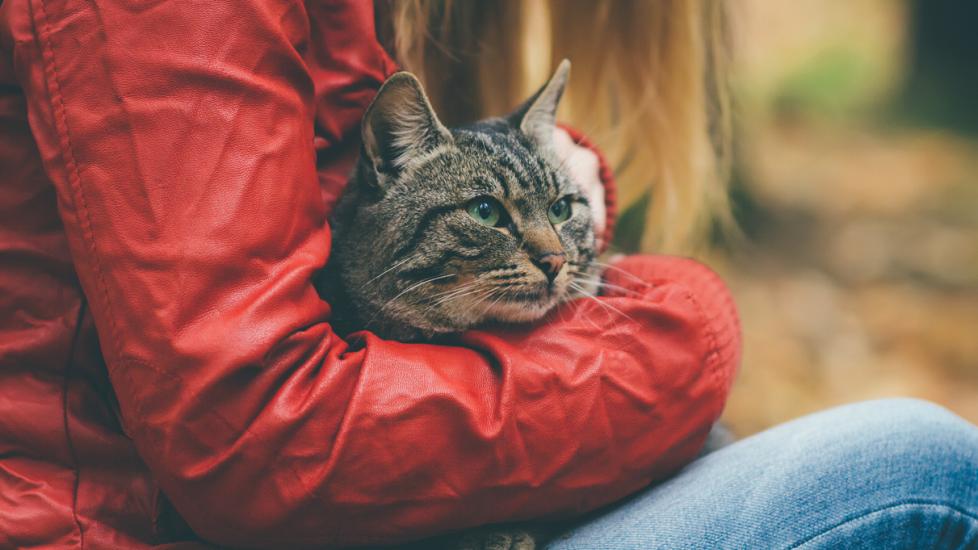 In the world of feline leukemia virus (FeLV), one misconception often leads potential adopters to overlook cats who test positive for this viral infection. However, with proper knowledge and care, adopting an FeLV-positive cat can be just as rewarding as welcoming any other furry companion into your home. Here’s what you need to know before taking in a kitty with FeLV.
In the world of feline leukemia virus (FeLV), one misconception often leads potential adopters to overlook cats who test positive for this viral infection. However, with proper knowledge and care, adopting an FeLV-positive cat can be just as rewarding as welcoming any other furry companion into your home. Here’s what you need to know before taking in a kitty with FeLV.
Understanding FeLV
Feline Leukemia Virus is a retrovirus that affects a cat’s immune system, making them more susceptible to infections and certain cancers. It’s transmitted through close contact with infected bodily fluids, such as saliva, urine, feces, or even milk from an infected mother. While it sounds severe, FeLV does not affect humans or other non-feline species.
The Testing Process
Before considering adoption, ensure the shelter or rescue organization conducts thorough testing for FeLV. This typically involves a simple blood test that looks for antibodies against the virus. A positive result indicates the presence of the virus within the cat’s body.
Living with an FeLV+ Cat
Living with an FeLV-positive cat requires diligence and understanding. These pets require a stable environment where they are less likely to come into contact with other animals, especially those without FeLV. Separate food bowls, litter boxes, toys, and bedding should be provided to prevent cross-contamination. Regular vet checkups are essential to monitor the cat’s health and manage any complications associated with FeLV.
Health Concerns and Management
FeLV-positive cats may experience various health issues due to their compromised immune systems. They might develop recurrent upper respiratory infections, gastrointestinal problems, and chronic fatigue. Some cats also face dental diseases at a higher rate than uninfected counterparts. Proactive veterinary care can help manage these conditions effectively.
Socialization and Behavioral Considerations
Adopting an FeLV+ cat means providing ample social interaction to reduce stress and improve overall well-being. Spending quality time playing, grooming, and simply being present for your pet can make a significant difference in their life. Be aware that some behaviors seen in FeLV+ cats, like aggression or anxiety, could stem from underlying medical concerns rather than personality traits.
Training and Enrichment Opportunities
Just like all cats, FeLV-positive ones benefit greatly from training and environmental enrichment. Engage them in puzzle toys, perches, scratching posts, and interactive play sessions to keep them mentally stimulated and physically active. Positive reinforcement techniques work wonders for building trust between you and your new friend.
Dietary Needs
A balanced diet tailored to meet the nutritional needs of FeLV-positive cats is crucial. Your veterinarian will guide you on specific dietary requirements based on your cat’s individual situation, which may include supplements to support their immune system.
Support Networks and Resources
Joining online forums or local groups dedicated to caring for FeLV-positive cats can provide invaluable resources, advice, and emotional support during your journey. Sharing experiences and learning from others who have navigated similar paths can offer reassurance and practical tips.
By educating yourself about FeLV and its implications, you can create a loving and safe haven for an otherwise overlooked feline. Each purr, each cuddle, and every moment shared with an adopted pet brings joy—and sometimes, it takes a special heart to see the beauty beyond the diagnosis. So consider opening your door and your heart to an FeLV+ cat; together, you can build a life filled with love and companionship.
